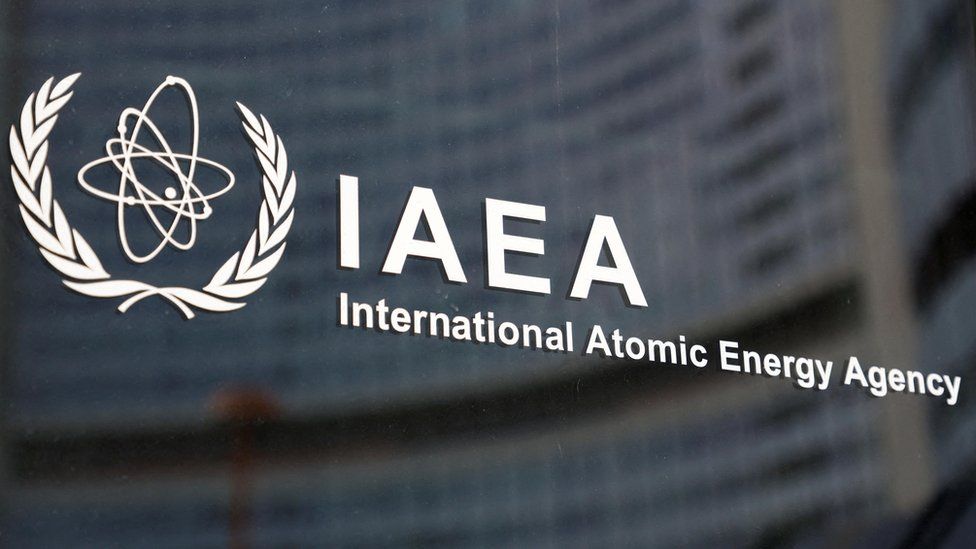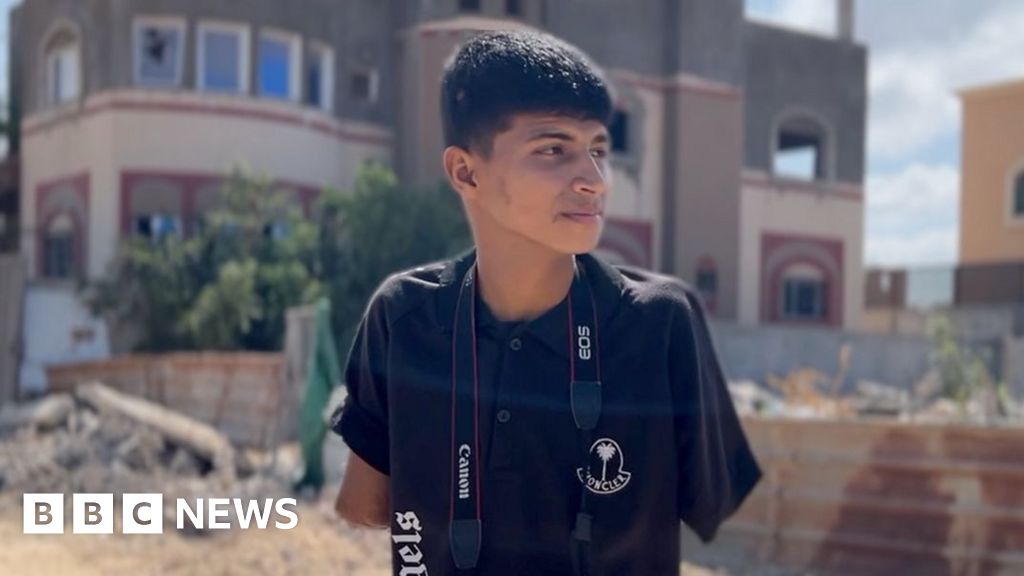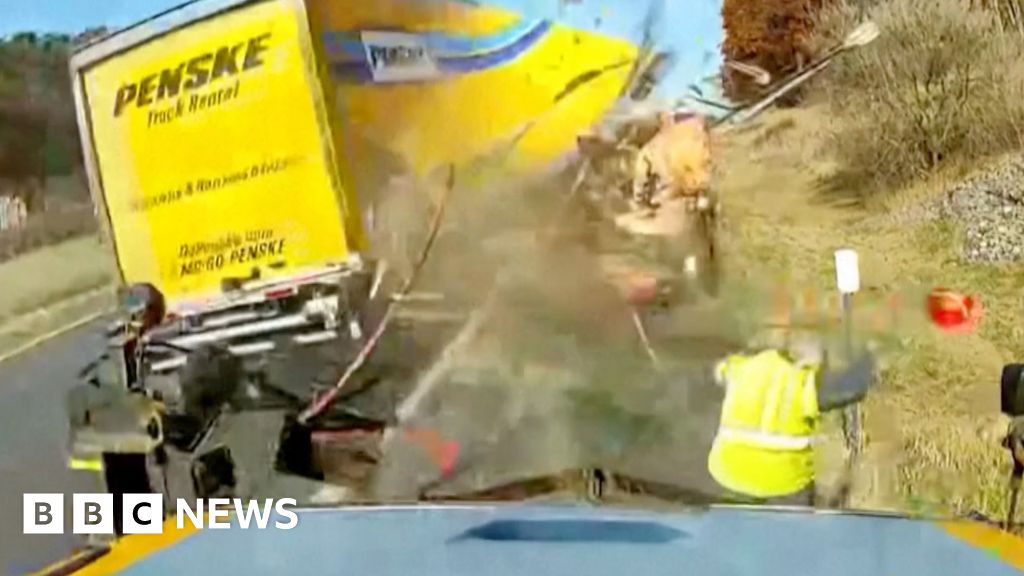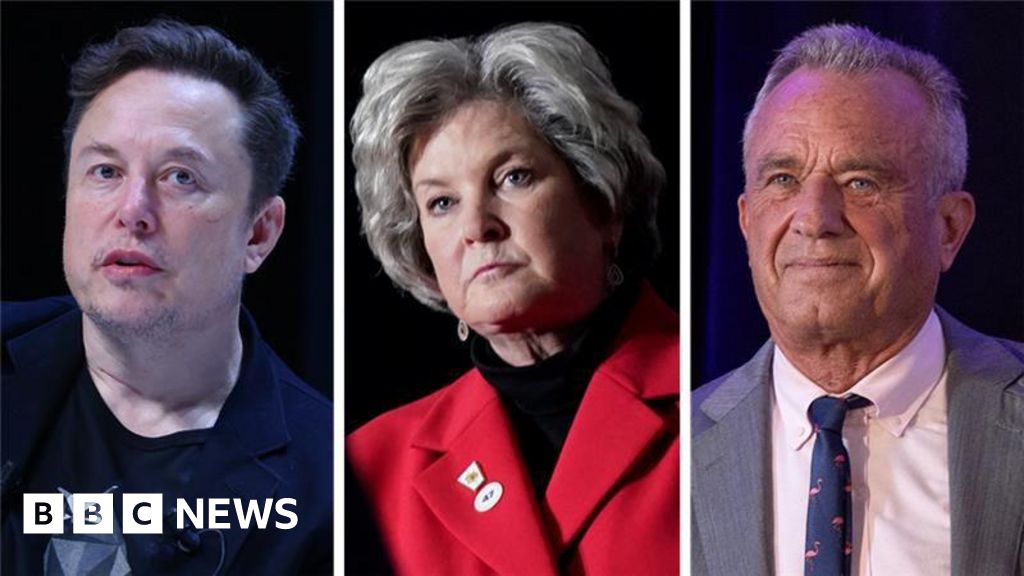ARTICLE AD BOX
 Image source, Reuters
Image source, Reuters
The International Atomic Energy Agency (IAEA) is the UN's nuclear watchdog
Armed forces in eastern Libya say they have found about two and a half tonnes of uranium ore that were reported missing by the International Atomic Energy Agency.
Ten drums containing the ore were found near the border with Chad, said the head of the forces' media unit.
The IAEA has not verified the claim.
The agency sounded the alarm after a visit by its inspectors earlier this week to the undisclosed site, which was not in government-controlled territory.
Since Libya's former leader Colonel Muammar Gaddafi was deposed in 2011, the country has been divided into competing political and military factions.
It is now split between an interim, internationally recognised government in the capital, Tripoli, and another one in the east, led by Gen Khalifa Haftar.
Neither is in control of the south, where the uranium was taken from.
The statement on Thursday came from the self-styled Libyan National Army, the military force that backs the eastern Libyan administration.
Gen Khaled al-Mahjoub, commander of its communications division, said the containers of uranium had been found "barely five kilometres [three miles]" from where they had been stored in southern Libya.
The IAEA says the site has been difficult to reach in recent times.
Inspectors had wanted to visit the location last year, but the trip had to be postponed because of fighting between rival Libyan militias.
Many foreign governments and groups have been vying for influence in Libya since Nato-backed forces overthrew Col Gaddafi. They include Russia's Wagner Group and Islamic State militants.
The oil-rich country is largely lawless, and has previously been described as an "arms bazaar".
In 2013, the UN reported that weapons smuggled out of Libya were fuelling conflicts in other parts of Africa and the Middle East.
However, experts told the BBC that the missing uranium could not be made into a nuclear weapon in its current form.

 1 year ago
16
1 year ago
16








 English (US)
English (US)